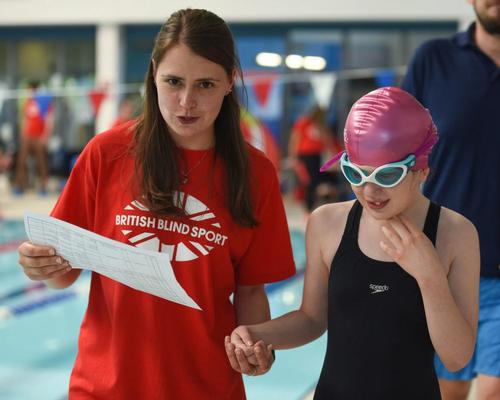03 Jan 2020
British Blind Sport launches research project into children's physical development
BY Tom Walker

British Blind Sport is launching a year-long research project, which will investigate the physical development rates of children with sight loss, compared to their sighted peers.
Working in partnership with the Thomas Pocklington Trust and the University of Central Lancashire (UCLan), the research will explore whether any link exists between a child’s sight levels and physical health levels, including measuring motor skills.
The study will also look to identify the key reasons that explain any quantifiable differences.
One of the goals of the study will be to identify the possible impact that reduced physical health or motor skills rates may have on a child’s individual mental wellbeing.
The partnership will also aim to demonstrate the impact of sight loss on children through various research methods, namely literature reviews, physical development and motor competence research with participants, wellbeing questionnaires, interviews with families and interviews with sector professionals.
According to Matt Reeves, a faculty member at the School of Sport and Wellbeing at UCLan, the research will be vital to measuring the suspected development differences and understand why those differences occur.
"This is a fantastic opportunity to better understand how visual impairment and the development of motor competences potentially impact physical activity levels and the subsequent influence this has on social and mental wellbeing," Reeves said.
"The project’s findings will provide much-needed evidence to inform future interventions and ensure any inequalities can be reduced."
Alison Oliver, Thomas Pocklington Trust's director of strategic partnerships and projects, added: "It is so important that blind and partially sighted children are given the best opportunities to engage in activities that support their mental and physical wellbeing and this research will help shape the delivery of future services and interventions that support this."
Close Window